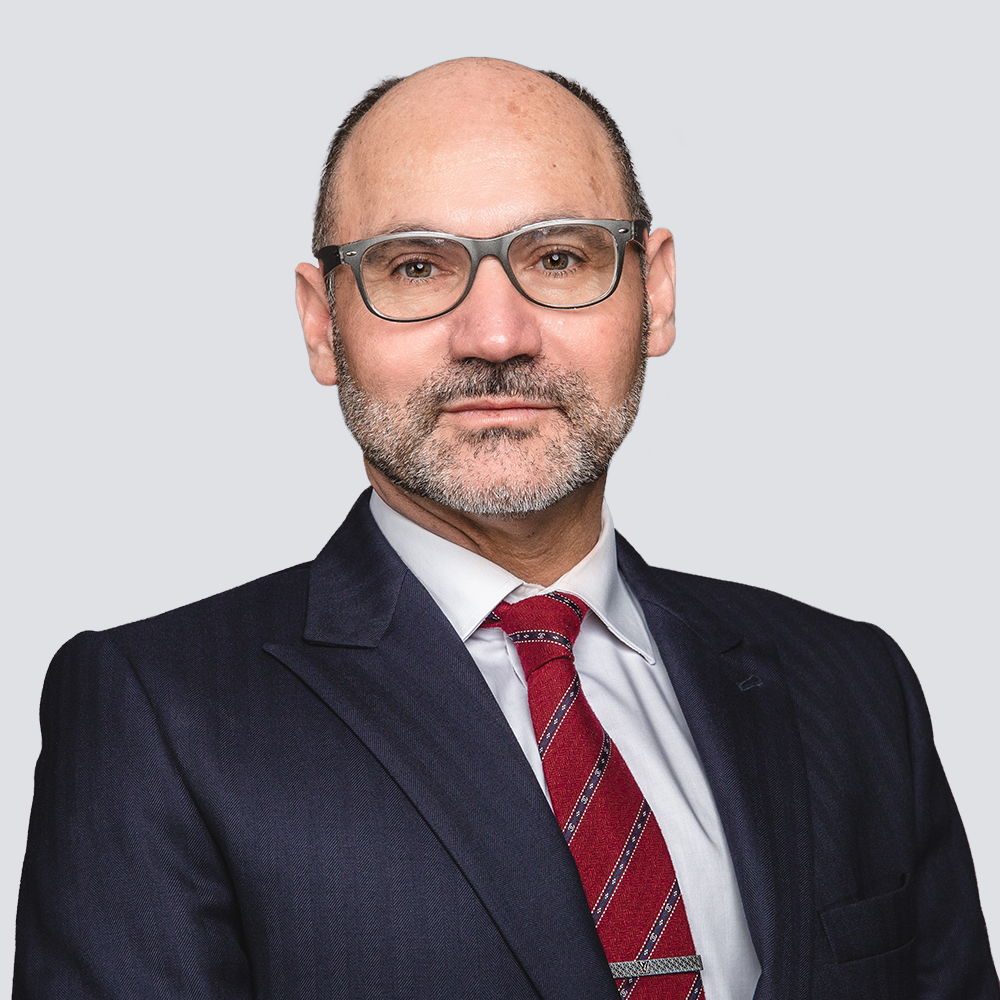Understanding the Complexity of a Surgical Error Compensation Claim
The difficulty in this particular area comes from the fact that all surgery involves an element of risk that, even with the application of accepted care and skill, complications may still arise. These inherent risks are considered to be recognised complications of the procedure and would not be actionable as medical negligence.
Therefore, it is critical to understand the accepted standard of surgical care and skill expected from a medical professional. Then, it is possible to differentiate between recognised complications and risks and injuries, loss or damages that occur from a surgical error that was made due to medical malpractice.
A professional medical negligence lawyer can help you understand the complexities of this kind of medical malpractice law, helping you to determine whether or not you have a compensation case.
Are You Eligible to Make a Medical Negligence Claim?
If you have suffered an injury, loss or damage as a result of the negligent treatment provided by a doctor, dentist, hospital or other healthcare provider, you may be entitled to a claim for damages.
A poor outcome resulting from your treatment does not in itself establish an entitlement to claim. What needs to be proven is that your treatment was provided in a negligent manner and that the treatment provider breached their duty of care to you.
Once you are able to prove that a failure to provide care of an acceptable level has resulted in loss, injury or damage, then you can claim compensation for those injuries that could have been avoided had the accepted standard of care and skill been implemented.
Why are Brydens Lawyers the Right Representation For You?
As a firm with more than 50 years of experience, we are the experts in prosecuting medical negligence cases. Brydens Lawyers has an expert team of dedicated medical negligence lawyers as well as a panel of medical experts available to give evidence in court against doctors, hospitals or other healthcare practitioners who have been negligent in the treatment of their patients.
Brydens Lawyers specialises in reviewing medical records, liaising with medical experts and explaining complicated legal and medical issues for our clients. Medical negligence law can be complicated, which is why we believe it is important to take the time to translate medical and legal jargon to simplify the process for our clients so they are kept fully informed throughout the claims process.
Brydens Lawyers has a ‘No Win – No Fee’ policy. This means that if your personal injury or compensation claim is unsuccessful, then we do not get paid. If you would like to know more about our policy, then please visit our no win – no fee page.
What Are You Able to Claim?
If you are looking to make a medical negligence claim due to a surgical error, or any other type of medical malpractice, then it is important to understand the different types of damages available to you. The types of damages available in medical negligence claims can include:
Non-economic loss which includes damages for pain and suffering.
Past and future medical expenses and out-of-pocket expenses.
Loss of income and any damage done to your ability to earn an income in the future.
Past and future loss of superannuation benefits.
Past and future paid services such as home cleaning or nursing assistance.
The value of services provided to you by family and friends without charge.
Past and future medical aids and equipment such as wheelchairs.
Home modifications such as those required to make a home wheelchair accessible.
Vehicle modifications.
Additional costs incurred in connection with continuing disabilities, for example, additional cost of holidays due to special needs.
A contribution towards your legal costs and disbursements.
Personal injury law and medical negligence law can be complicated, and all medical malpractice claims vary. Damages are very specific to each individual’s situation and assessing your claim for damages will be a central part of the service provided to you by our medical negligence team. By engaging an expert medical malpractice lawyer, you can understand the type of medical negligence compensation you are entitled to.
When Should You Consult a Medical Negligence Lawyer About Making a Claim?
If you have suffered from any form of medical negligence then you need to engage proper legal advice and representation as soon as possible. There are strict time limits around lodging a medical negligence claim, so even if your treatment is ongoing, you must consult a legal representative early to ensure your claim is lodged within the allowed timeframe.

